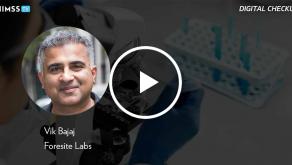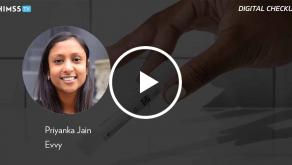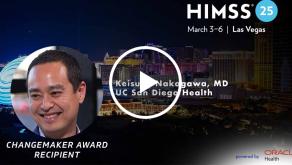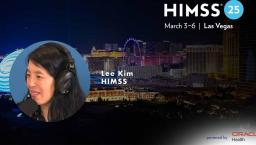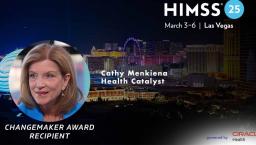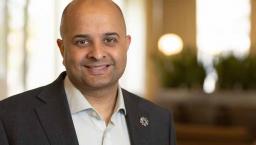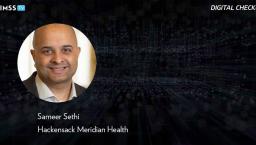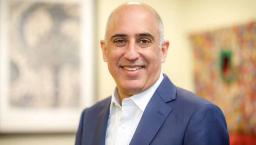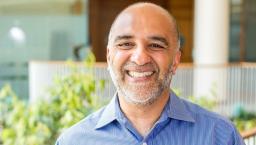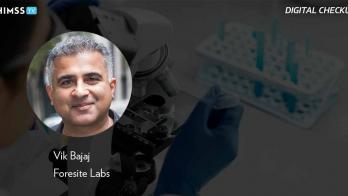Chicago's Rush rolls out ambient AI after successful pilot

Photo: Rush University Medical Center
Before the COVID-19 pandemic, the prominent Chicago-based health system Rush recognized that its physicians and advanced practice providers were burdened with tedious administrative tasks and understood it was time to provide its team with technology that would enable them to get back to what matters most: valuable, undistracted time with patients.
THE CHALLENGE
With less time spent charting and documenting, the premise was staff could better dedicate their time to further patient interactions, catch up on their in-basket or have some self-time – ultimately improving the quality of care provided to Rush patients and bringing the joy of medicine back to physicians and APPs.
PROPOSAL
Rush bought artificial intelligence-powered technology from vendor Suki in its effort to address the aforementioned challenge and the significant problem of burnout, one of the leading causes of physician shortages. The technology uses ambient listening and generative AI.
"We know physicians and APPs spend dozens of hours per week on administrative tasks like charting, and as a result, nationally we know the overwhelming majority feel overworked and some are considering leaving the practice of medicine altogether – at a time when the demand on our healthcare system is at an all-time high," said Briana Rygg, chief applications officer at Rush.
"Our goal in embracing ambient AI was to improve provider wellness, including their work-life balance, improved documentation and a more personalized approach to patient care," she continued. "One quote from a physician likely applies to many: 'I really hate clinical notes. It is so hard to talk and take notes at the same time, especially having the time to capture all the details in a new patient visit.'"
The ambient AI technology generates a draft clinical note clinicians must review and accept before sending to the EHR, similar to how residents draft notes for attending physicians. This review is meant to ensure accuracy before notes are finalized. By streamlining documentation, ambient AI can help clinicians focus more on the patient in front of them rather than the computer.
MEETING THE CHALLENGE
To tackle the growing administrative demands on providers, Rush needed an ambient AI system that would seamlessly integrate with its Epic EHR, making it easy for providers to use without disrupting their workflow, Rygg explained.
"We needed this to be something that could be used for all specialties and have a roadmap that addressed other parts of the care continuum such as nursing, learners and virtual care," she said.
"In the Chicago area, we have a very diverse population, and it was really important to have a tool that supported multiple languages beyond English and Spanish," she added. "Our patients feel more comfortable and engaged in their care when we can connect with them in their preferred language."
RESULTS
In the summer of 2024, Rush piloted the Suki system across its physician and APP community and achieved impressive results, Rygg said, including:
- 74% of clinicians reported the ambient AI technology reduced their levels of burnout.
- 95% of clinicians wanted to continue using the technology.
- Clinicians used 25 non-English languages; in one month alone, 35% of providers used a Spanish visit.
"We're pleased with the positive momentum and are excited to continue our rollout to the rest of Rush Medical Group," Rygg reported. "Additionally, the technology has helped decrease cognitive load so they can focus on patient care rather than remembering details for later documentation, leading to more complete and accurate notes and making daily workflows more manageable.
"From one provider, 'I feel like I can breathe – instead of spending six hours on Sunday doing notes, I've noticed a significant improvement in my stress,'" she added.
ADVICE FOR OTHERS
"I'd encourage other healthcare provider organizations considering AI technology to first be clear on the problem they are trying to solve, then define requirements, then look for a system – whether in your native platforms or a special niche product," Rygg advised. "It's critical you have active operational sponsors so it is not 'just an IT project.'
"Determine your success metrics," she continued. "How will it directly impact the clinicians and patient experience? Is this a physician wellness tool? Are you looking for an ROI relative to seeing more patients? Does the provider have to swivel the chair or is it embedded in the EHR? The providers have to be engaged in the implementation to ensure the technology makes their lives easier."
The people and processes are as important as the technology, Rygg added.
"It is important to ensure appropriate training and understanding of the tool by providers, support staff and patients so they feel comfortable with the technology being used and the safeguards in place," she concluded.
Follow Bill's HIT coverage on LinkedIn: Bill Siwicki
Email him: bsiwicki@himss.org
Healthcare IT News is a HIMSS Media publication.
WATCH NOW: How can an IT exec become a Chief AI Officer – and then work with the C-suite






